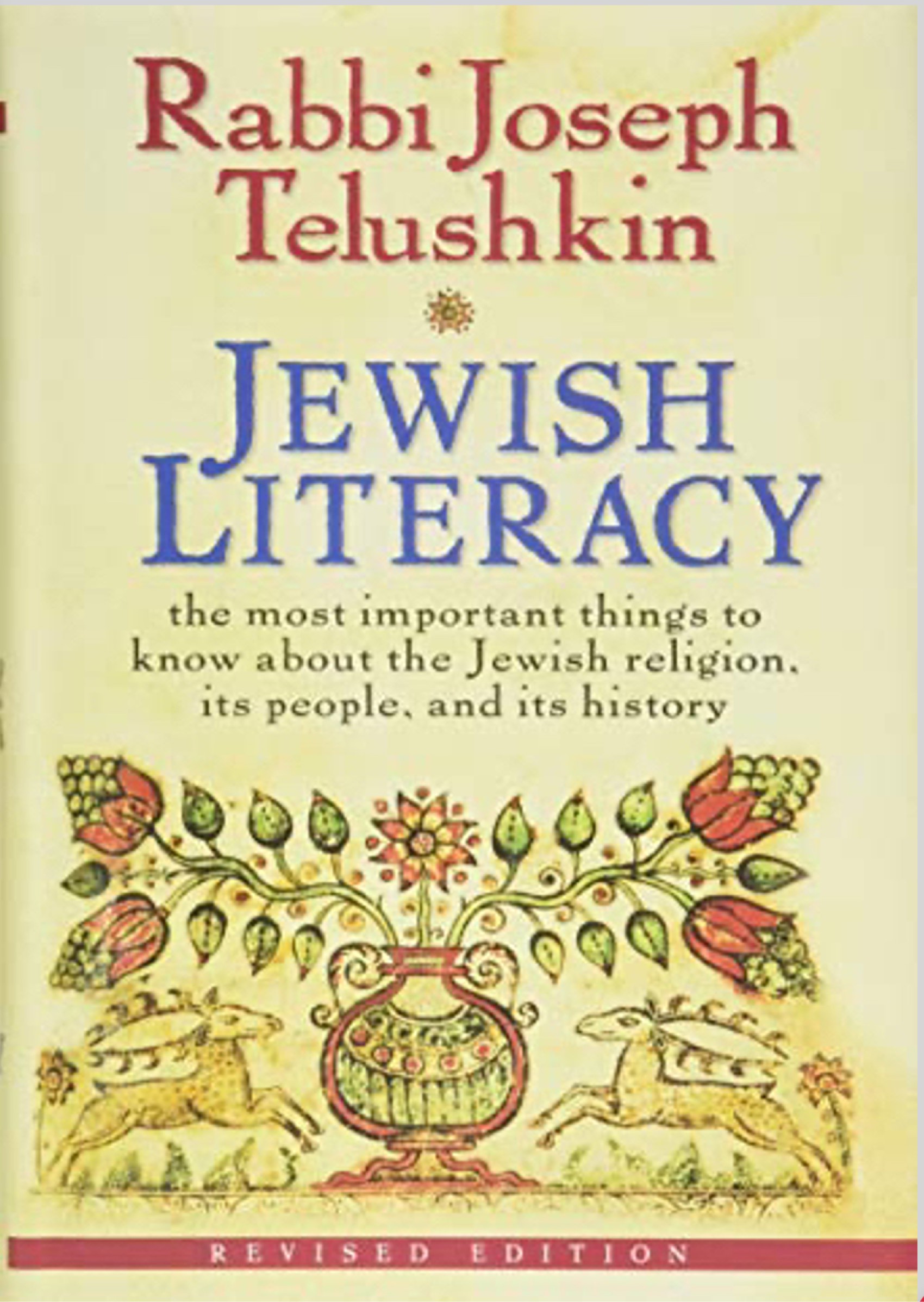JEWISH LITERACY
Summary of Jewish Literacy by Rabbi Joseph Telushkin
Rabbi Joseph Telushkin’s Jewish Literacy is an extensive guide to Jewish history, traditions, and religious beliefs. The book is designed to educate readers—both Jewish and non-Jewish—on the fundamental aspects of Judaism, making it an accessible and comprehensive reference.
Key Themes and Content
1. Biblical Foundations
• Explains the structure of the Hebrew Bible (Tanakh), including the Torah, Prophets (Nevi’im), and Writings (Ketuvim).
• Highlights key figures such as Abraham, Moses, David, and Solomon.
• Discusses moral and ethical lessons derived from biblical stories.
2. Jewish History
• Covers major historical events such as the destruction of the First and Second Temples, the Exile, and the development of Jewish communities worldwide.
• Examines Jewish life under Christian and Islamic rule during medieval times.
• Discusses Zionism, the Holocaust, and the establishment of modern Israel.
3. Jewish Beliefs and Ethics
• Outlines core Jewish theological beliefs, including monotheism, free will, and divine justice.
• Explores Jewish ethical teachings on topics such as charity (tzedakah), justice, hospitality, and kindness.
• Addresses the concept of the Messiah and the afterlife in Jewish thought.
4. Jewish Law and Rituals
• Explains the role of Halakha (Jewish law) and its applications in daily life.
• Describes rituals associated with Shabbat, holidays, and life cycle events (birth, marriage, death, and mourning practices).
• Details dietary laws (kashrut), prayer, and synagogue customs.
5. Jewish Holidays and Festivals
• Provides insights into major holidays such as Rosh Hashanah, Yom Kippur, Passover, Hanukkah, and Purim.
• Explains the significance and customs of each holiday in both religious and historical contexts.
6. The Jewish Experience in Modern Times
• Discusses Jewish contributions to science, literature, philosophy, and politics.
• Addresses challenges such as assimilation, intermarriage, and Jewish identity in contemporary society.
Conclusion
Jewish Literacy serves as an essential reference for anyone seeking to understand Judaism. The book presents Jewish history, traditions, and ethics in an engaging and informative manner, making it a valuable resource for both scholars and lay readers.
